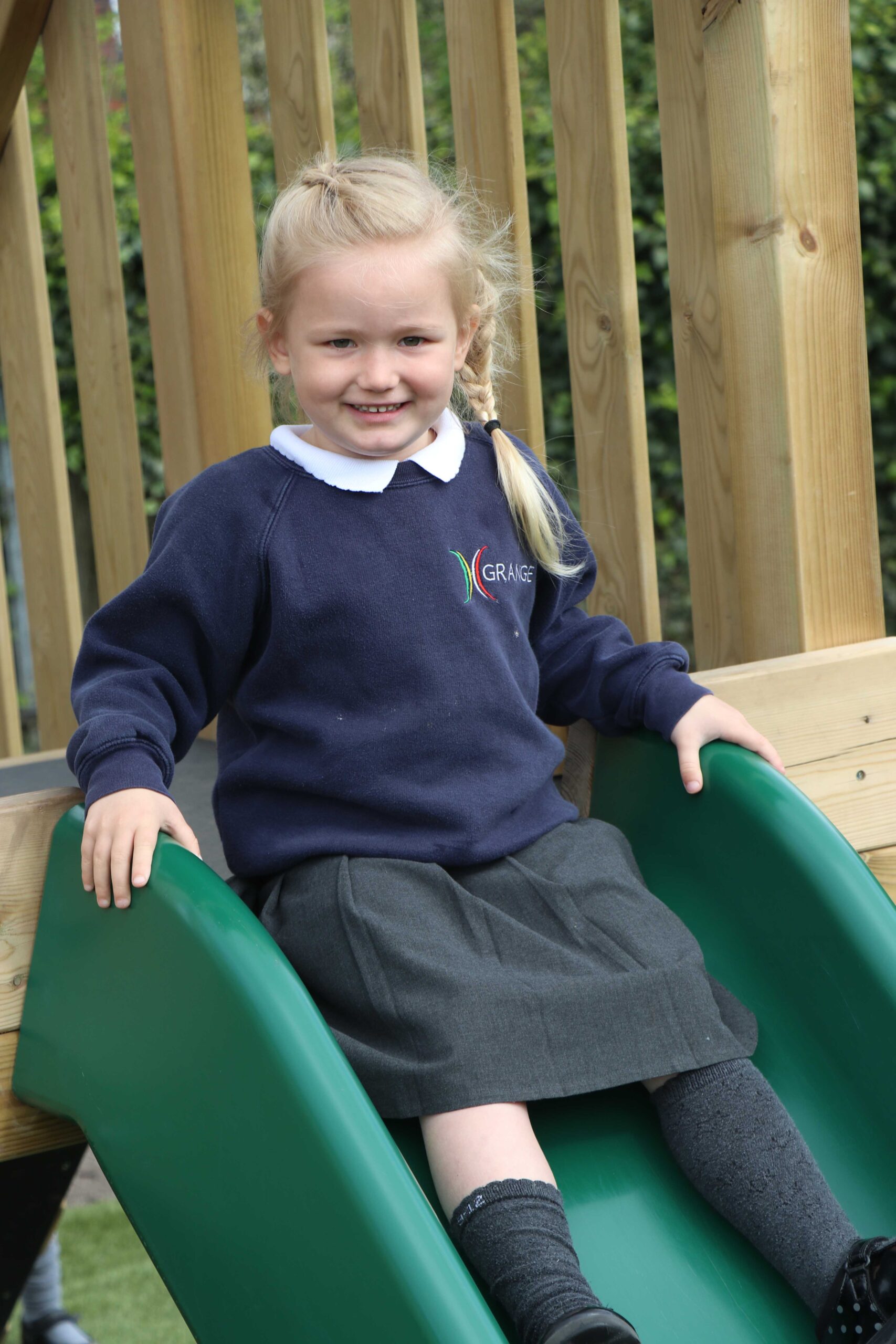Early Years
In the Foundation Stage, the Nursery and Reception class works as one unit. The needs of the pupils are met through activities that carefully match the children’s interests and abilities. In this way, we seek to motivate and inspire them, providing the best start to their learning journey as they progress through school.
The children’s interests and personal next steps drive our planning ensuring rich and engaging learning experiences. Play underpins our provision enabling children to explore the world around them, practise and build up ideas, learn to understand the need for rules, take risks and make mistakes.
The children’s learning is all planned in line with “The Early Years Foundation Stage” guidance. A range of visual, auditory, and kinaesthetic activities ensure the consolidation and consideration of the characteristics of effective learning. All the activities and play opportunities encompass the seven areas of learning:
Prime Areas of Learning
Communication and Language (CL)
Children’s language acquisition is at the heart of our curriculum. We ensure we develop children’s speaking and listening skills, as well as spoken vocabulary, through play-based learning and working with peers and adults.
Personal, Social and Emotional Development (PSE)
Children’s development of social skills, respect for others and a positive self-image is paramount to ensuring successful and well-rounded learners. PSE also includes the way children play and work together; how they share and interact in various situations and learning about other cultures.
Physical Development (P)
This area is centered around the physical development of children; both in their gross motor and fine motor skills. Children develop their skills of coordination, control, movement and manipulation indoors and outdoors. The development of children’s fine motor skills is sought through thoughtful planning of activities. E.g. threading, cutting, drawing, painting, writing.

Specific Areas of Learning
Literacy (L)
In Literacy, children develop the foundations of enjoying reading and writing. Through the use of quality texts, we inspire the children to develop a love of reading whilst also equipping them with early reading skills in phonics. They learn to handle books, talk about stories in their reading book and read. In addition, we motivate children to write in context using play as an initial motivator and most importantly learn to write the most important word – our name.
Mathematics (M)
In Mathematics, we develop those early math skills to show an understanding of mathematical areas such as numbers, calculating with numbers and shape, patterns and problem-solving.
Understanding of the World (UW)
In Understanding of the World, we develop skills and knowledge to make sense of the world around us. We learn about their past, people, environments and other cultures as well as explore the natural world.
Expressive Arts and Design (EAD)
Children explore, learn and play using a wide variety of art and craft activities. They express themselves through their artwork, music and dance using all their senses.
The Principles Underpinning Teaching and Learning
At our school, the principles underpinning teaching and learning in the early years are:
Parents and teachers work together in an atmosphere of care and mutual respect within which the children have security and confidence.
Learning and provision are individualised depending upon the different starting points, built on what children can already do.
Opportunities are provided for children to engage in activities planned by adults and those that they plan or initiate themselves.
Teachers carefully structure a curriculum that provides an opportunity for high-quality teaching and learning both indoors and out, enabling children to explore, experiment, plan and make decisions for themselves.
Practitioners observe and respond appropriately to children informed by knowledge of how children develop and learn with a clear understanding of the next steps.
Teachers and teaching assistants deliver a stimulating knowledge-based curriculum that stems from children’s interests, promotes enthusiasm, and curiosity, builds skills, supports and extends knowledge.
Curriculum Information
Skilled practitioners have developed a bespoke curriculum that teaches children a breadth of knowledge and skills using their interests and individual starting points. Practitioners allow children time to explore and develop through play whilst sensitively intervening and moving their learning forwards. Our curriculum is flexible to move with children’s interests or current events. Our high-quality learning environment ensures all children can be active learners both indoors and out.
In September 2021, the Government are releasing a new Early Years Foundation Stage Framework. They have given schools and early years settings the opportunity to ‘adopt’ this new framework in the academic year 2020-2021. Here at Grange, alongside the other schools in Weaver Trust, we have decided to take the opportunity to develop our practice and curriculum ahead of the statutory rollout. For more information on this follow the link below.
Baseline Assessment in Reception
We have devised our own Baseline Assessment which we use to assess the children’s starting points and quickly identify their individual next steps. The information on children’s starting points and their progress is readily shared with parents.
End of Reception Assessment
At the end of their Reception year, all children are subject to a statutory assessment. Teachers provide detailed assessments of the children’s achievements against ‘Early Learning Goals’ linked to the different areas of learning. Children are graded as emerging the Early Learning Goal, meaning they are working towards the objectives, and ‘expected’ means they are working at the expected standard for their age. Throughout their time in Early Years at Grange, staff will discuss your child’s development and the steps being taken to give them the best opportunities to learn and develop. At the end of their Reception year, staff will share their achievements with you against these Early Learning Goals. This information will be shared with Year 1 staff to ensure their transition to the National Curriculum is seamless.

